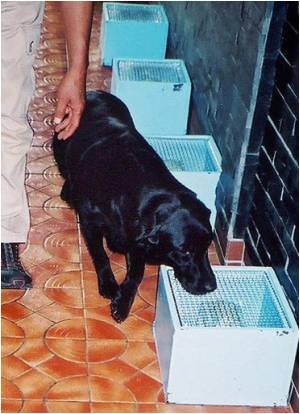An editorial published in the Journal of the American Medical Directors Association issues a call action to improve the care and support to nursing patients and their families.

"The IOM gathered together experts in the care of older adults to put together a framework and principles for improving end-of-life care," said Dr. Unroe, lead author of the editorial and an assistant professor of medicine at the IU School of Medicine. "Their report on dying in America presents us with an opportunity to have a national conversation about how we can better care for the many individuals who will die in nursing homes. Unless we use this opportunity to push the conversation forward, the IOM report is a wasted effort, and we, as a nation, can't afford that."
The IOM report acknowledges difficulties in addressing end-of-life issues, noting that the "controversy on this topic and the political desire to avoid it do not alter the fact that every person will face the end of life one day. At a time when public leaders hesitate to speak on a subject that is profoundly consequential for the health and well-being of all Americans, it is incumbent on others to examine the facts dispassionately, assess what can be done to make those final days better, and promote a reasoned and respectful public discourse on the subject."
"With this editorial, I, a physician, and my colleagues, Mary Ersek, a Ph.D. nurse; and John Cagle, a Ph.D. social worker, are calling to the attention of the nursing home community -- those who own, manage, run and work at nursing homes and have a commitment to this population -- how the IOM report applies to nursing homes," Dr. Unroe said. "It's imperative that nursing home providers be experts in high-quality palliative and end-of-life care. The overwhelming focus of nursing homes on curative and rehab care can't preclude providing high-quality care appropriate to those who are dying; and the IOM report provides a springboard outlining how to deliver this care.
"When considering a nursing home placement, families would be well-advised to seek out a nursing home that trains staff in symptom management and that provides high-quality palliative, supportive, end-of-life care, including robust advance care planning," she said.
"Those of us who care for vulnerable nursing home patients have an obligation to recognize the reality of caring for people near the end of life and work collectively to improve the quality of this care," the JAMDA editorial concludes. "These IOM report recommendations can be incorporated into the strategic plans, policies, and activities of professional societies and health and social service organizations. Now is the time for bold action to improve the care and support we provide to all nursing home patients dying and their families."
Advertisement
Source-Medindia









